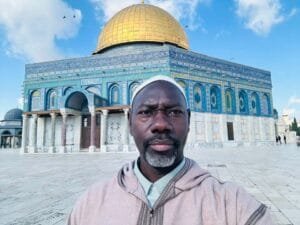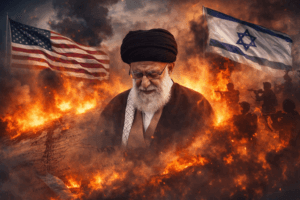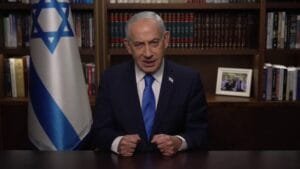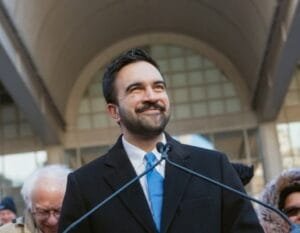Blinken warns N. Korea, Russia military ties ‘growing and dangerous’
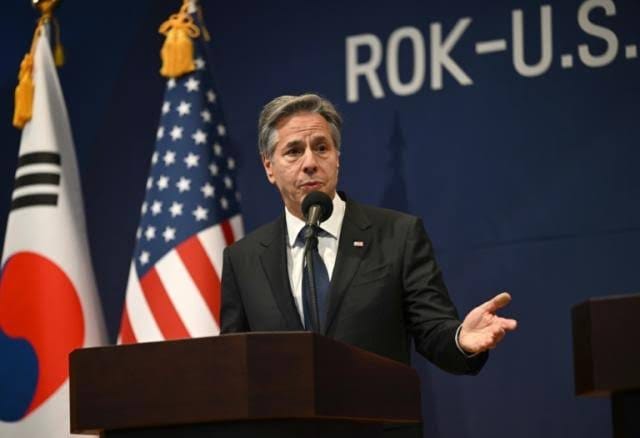
US Secretary of State Antony Blinken warned Thursday that military ties between North Korea and Russia are “growing and dangerous”, and called on China to restrain Pyongyang.
The United States, South Korea and Japan have in recent weeks repeatedly criticized North Korea for helping Russia pursue its war in Ukraine, with Seoul saying Pyongyang is getting space technology in exchange for weapons and munitions.

Blinken was in Seoul following a G7 foreign ministers’ meeting in Japan, and met South Korean President Yoon Suk Yeol as well as other top officials on Thursday.
The United States and South Korea “share profound concerns about the DPRK’s growing and dangerous military cooperation with Russia”, Blinken said in a press conference with his South Korean counterpart, using the official name for North Korea.
“We are seeing the DPRK provide military equipment to Russia for pursuing its aggression in Ukraine, but we are also seeing Russia provide technology and support for the DPRK for its own military programs.”
Historic allies Russia and North Korea are both under international sanctions — the former for its invasion of Ukraine and Pyongyang over its nuclear weapons and missile programs.
Their growing military cooperation has been a source of concern for Ukraine and its allies, especially following North Korean leader Kim Jong Un’s summit with Russian President Vladimir Putin in September.
South Korea has said Pyongyang is providing weapons in exchange for Russian space technology so that it can put a military spy satellite in orbit.
The Kremlin said last month there was “no proof” North Korea was sending weapons to Russia.
Blinken also called on China, North Korea’s main ally, to play a role in reining in Pyongyang’s weapons programs, including “irresponsible” missile launches.
“China has a unique relationship with North Korea,” he said.
“As a result of that relationship, it has real influence and we do look to China to use that influence to play a constructive role in pulling North Korea back from this irresponsible and dangerous behavior.”
In earlier meetings, Blinken and South Korean national security advisor Cho Tae-yong condemned North Korea for sending arms to Russia for use in Ukraine.
He thanked Cho for South Korea’s “commitment to providing assistance to Ukraine”, according to a State Department readout.
During his meeting with Yoon, Blinken thanked the South Korean president for his country’s “pledge to provide humanitarian assistance to the people of Gaza”.
Blinken’s Asian stops follow a whirlwind tour of the Middle East for discussions on the Israel-Hamas war.
- ‘Upgraded alliance’ –
“Given this renewed cooperation between North Korea and Russia, South Korea understandably wants a demonstration of US support and a reaffirmed US commitment to uphold UN sanctions,” Benjamin A. Engel, a professor at Seoul National University, told AFP.
“This visit is designed to do that.”
South Korea is a major arms exporter, but a longstanding policy bars it from sending weapons into active conflict zones.
However, it is expected to face continued US pressure to revise that position, analysts said.
“As conflict in the Middle East and Russia’s war in Ukraine reverberate around the world, upgraded alliance cooperation must be increasingly global in scope,” Leif-Eric Easley, a professor at Ewha University in Seoul, told AFP.
South Korea has ramped up security cooperation with the United States under the Yoon administration in the face of growing threats from North Korea.
That has included large-scale military drills involving thousands of troops and strategic assets including US long-range heavy bombers.
Last month, a nuclear-capable US Air Force B-52 bomber made a rare landing in South Korea, less than a week after a visit by a US nuclear-powered aircraft carrier.
Blinken’s visit is “further evidence” of a strengthened bilateral alliance, said Easley.
US Secretary of Defense Lloyd Austin is also scheduled to visit South Korea this month.
by Léon Bruneau and Sunghee Hwang
©️ Agence France-Presse











